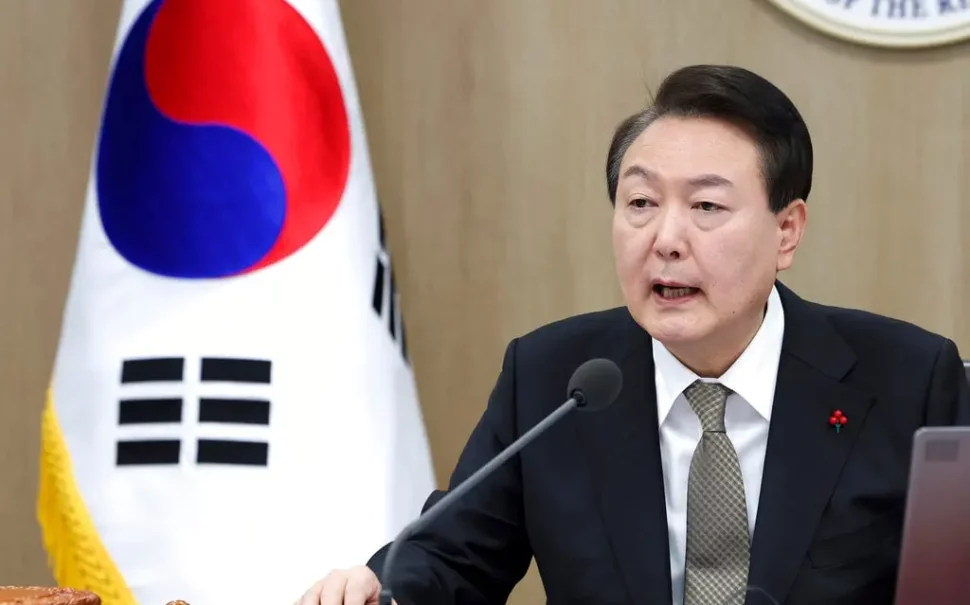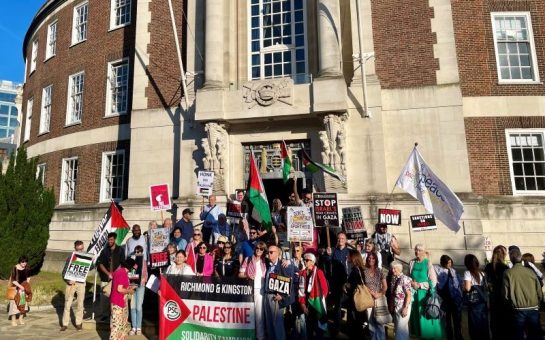A London university professor has warned of uncertainty ahead for South Korea as the nation traverses a difficult period in its history.
Just over two weeks ago, martial law was declared in South Korea for the first time in 40 years by President Yoon Suk Yeol, which led to civil unrest and anti-government protests by the civilian population, followed by a vote in parliament to impeach the country’s leader.
Yoon’s impeachment still needs to be ratified by South Korea’s constitutional court, but chair of the Centre of Korea Studies at the University of London‘s School of Oriental and African Studies (SOAS) Owen Miller explained there may still be trouble ahead.
Miller said: “In terms of economic and financial implications, South Korea has been in a difficult point for quite a while now, although recent developments are likely to worsen economic relations and the exchange rate.
“What happens next is very unclear.
“People are shocked and angry by this regression to authoritarianism, anything short of an election is unacceptable even though the ruling party is trying to cling on, a new election should be carried out no matter how long it takes, demonstrations will continue.”
Yoon’s initial declaration of martial law on 3 December came with him citing threats from anti-state forces and North Korea, but that was walked back six hours later following widespread protests by both lawmakers and the public.
Miller explained factors such as alternating between liberal and conservative governments and there being a contradiction between South Korea’s National Assembly controlled by the opposition party and the president had led to this period of unrest.
He said: “Ultimately, this was all gambling on a big power grab move to dissolve the National Assembly and take control of all branches of government.
“This exposes terrible, fundamental problems in democracy, a presidential system has a fundamental flaw.
“Since the president wants a coup and the National Assembly has been overturned, people took to the streets and put their lives and bodies on the line to prevent armed forces, the defeat of an authoritarian leader.”
Picture credit: Used free under Creative Commons licence





